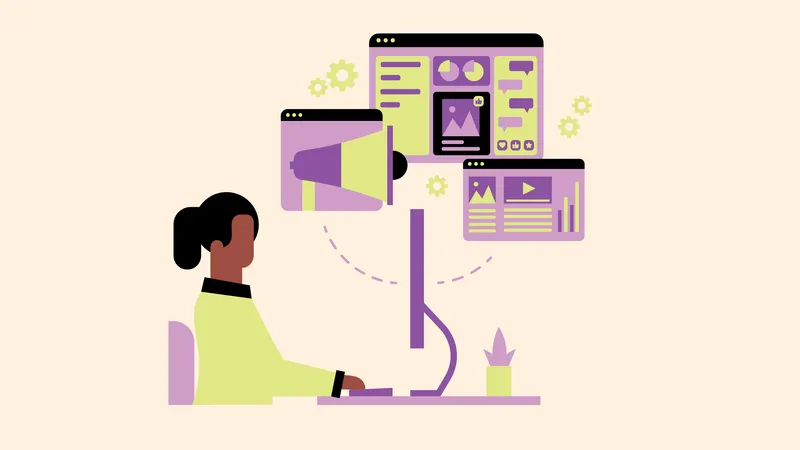How employees can cope when a startup fails
Here’s how you can cope when the startup you are working for fails or folds up, and you suddenly find yourself without a job or in an adverse situation.
The startup landscape is filled with exciting opportunities and groundbreaking innovations. However, the truth is not every startup succeeds.
A startup can fail for a variety of reasons—lack of market demand, insufficient funding, lack of competitive edge, leadership issues, and more.
When a startup fails—for whatever reason—it leaves a significant impact not only on the founders and investors but also on the employees who had dedicated their time, energy, and passion to the startup’s journey.
Here’s how you can cope when the startup you are working for fails or folds up, and you suddenly find yourself without a job or in an adverse situation.
Seek support and comfort
You may experience a wide range of emotions when a startup fails—disappointment, sadness, fear, and uncertainty. While coping with the initial shock, it is crucial to seek support from colleagues and mentors to process emotions, gain perspective, and find comfort in shared experiences.
Surround yourself with a supportive network of mentors, fellow entrepreneurs, and friends who can offer guidance, encouragement, and inspiration during this challenging time.
Nurture a growth mindset
Adopt a growth mindset that views challenges and failures as valuable opportunities for growth and development. Embrace a mindset of continuous learning and improvement. Seek out new skills, explore emerging trends, and stay abreast of industry advancements. Believe in your abilities and cultivate a positive mindset moving forward.
This mindset shift will empower you to adapt, innovate, and persevere in the face of obstacles and develop resilience to bounce back from setbacks.
Embrace personal growth and development
Explore educational options, certifications, and specialised programmes to improve skills and expand knowledge. Rediscover personal passions and align them with meaningful work.

Assess career path and professional goals
Reflect on the startup's journey and analyse the experiences to identify the skills acquired during the period. This will help you evaluate your personal and professional growth.
Embrace transferable skills acquired in the startup environment and use them to succeed in different professional settings.
Use the transition period to reassess your career path by considering strengths, interests, and aspirations to determine the next steps—such as exploring new professional avenues or pursuing further education.
Navigate the job market wisely
Actively pursue personal and professional development opportunities to adapt to the changing demands of the job market.
Utilise professional networks to connect with industry contacts, attend networking events, and participate in online communities to explore opportunities and establish meaningful relationships.

Create a compelling story that effectively communicates the startup experience in resumes, cover letters, and interviews, emphasising the valuable skills gained during the period.
Embrace entrepreneurial spirit/startup mindset to identify potential entrepreneurial ventures or join emerging companies.
Edited by Swetha Kannan









